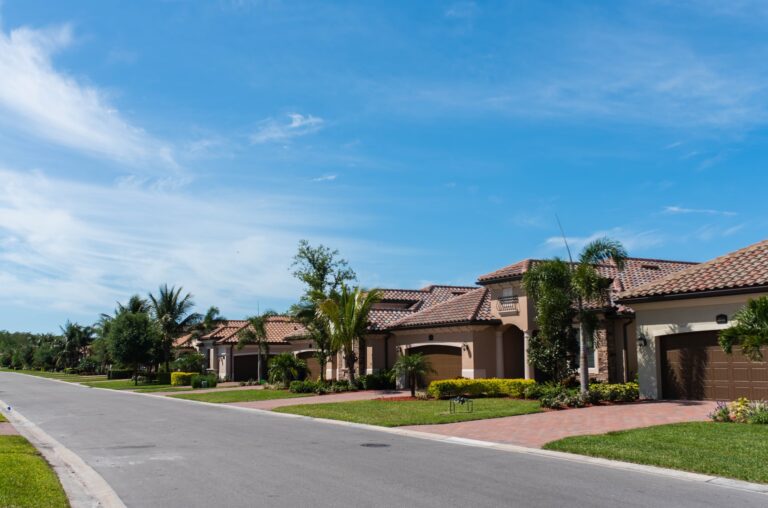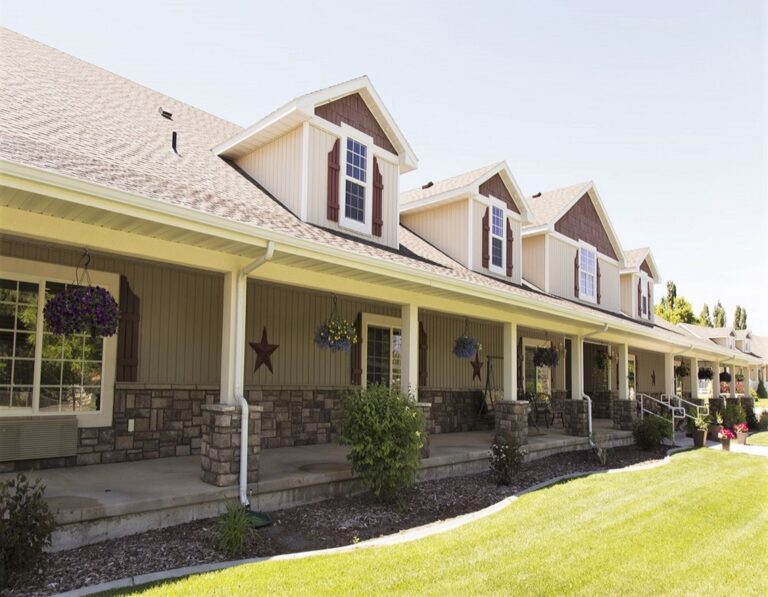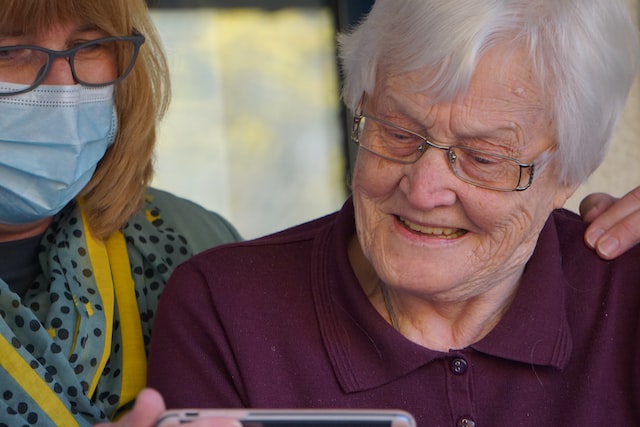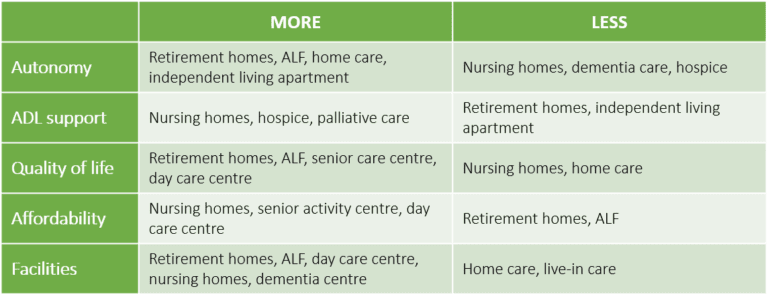Page Contents
As you are approaching older age and your health starts to deteriorate, inevitably, you may need certain degree of care. If self-care is an issue or family members are not trained, it is always helpful to explore which eldercare facilities may suits your needs better.
Long-term care facilities are not hospitals
When it comes to long-term care, many people mistaken it as medical care as provided by hospitals. Well, in a way, medical care may be a part of long-term care, but long-term care for some elderly people does not necessary need medical care. This is because although they are frail and lack the strength and capacity to take care of themselves, but they are perfectly healthy and have no illnesses that require medications.
Different care facilities
In the effort of supporting ageing population, varying models of care are designed for different care needs of the elderly people. There is no one-size-fits-all solution for everyone, it is all depends on individual preferences, care needs, accessibility, affordability, and desired quality of life.
Below is a list of eldercare facilities catered for different needs.
When you are well and independent
Home care
Home care is a recommended choice as we promote ageing-in-place or ageing-in-community. This is usually for elderly who are active, healthy, and independent. For family who employs domestic helpers, the helpers should learn caregiving and take care of the elderly members as part of their job. For elderly who are staying alone or with elderly partner, social support groups also assign befrienders to look after their needs and mental well-being.
Independent living apartment
For elderly who are independent and require minimal care, they can opt to stay in independent living apartment, where the amenities and facilities are centralised, easy access to care and support, provide meals, housekeeping services, and also ensure privacy and personal space.
Senior activity centre
Senior activity centre is a place that provides enrichment classes and social activities, promote social interaction, volunteering activities, etc. for the elderly to live an active lifestyle and life-long learning.
Retirement village / community
Nowadays, many retirees prefer staying in retirement village or community (Figure 1) where they can get better amenities and facilities such as those in country clubs. It also has round the clock security system and on-call care support.

When you are well but dependent
Live-In Care
Live-in care is where a certified caregiver staying with an elderly (at their home) who requires personal care, daily housekeeping support, dietary care, medication support, and companionship in a one-to-one setting.
Day Care Centre
A day care centre is mostly catered for working adults to send their elderly parents for professional care, rehabilitation, and pastime during daytime working hours. At the end of the work day, their adult children will fetch them home for rest.
Assisted Living Facility (ALF)
Assisted living facility (Figure 2) is designed for a small group of elderly who are not able to live safely or independently on their own but do not require a high level of care and constant monitoring. Usually in the ALF, your personal space and time are well-respected. The living environment is conducive and safe.

When you are unwell and dependent
Nursing home
Nursing home is a long-term residential care facility where the elderly people requires more cares and attentions (Figure 3). Many nursing homes provide wide range of services which include medical care, rehabilitation, social support, and so forth.
Palliative care
Palliative care is a care model designed to relieve suffering and improves quality of life for terminally ill patients and their family members by taking care of their physical, emotional, psychological and spiritual needs.
Hospice
Hospice is available for patients toward the end of their life. Hospice is a comfort care where the patient no longer has curative options or has chosen not to pursue treatment because the side effects are unbearable.
Respite care
Respite care is a temporary care provided to relieve caregivers. In the event where the caregivers are unavailable to carry out their duties or experiencing burnout, a respite care may kick in to ensure continual care for the elderly person.
Dementia centre
As demented patients require very different personal care arrangement such as simple schedule, limit napping, offer choices, limit distractions, etc. The caregiver have to go through special training than the ordinary training for eldercare.

How would you choose?
As mentioned above, deciding which care facility depends on your health status and dependency. In choosing the right facility for long-term care, there are other factors to take into consideration (Figure 4).

The future of eldercare facilities
Eldercare facilities are evolving to meet the needs of the ageing population. Many brilliant concepts are proposed and implemented in different part of the world.
Multi-generation home
Multi-generation home is not really a new concept. Many existing eldercare facilities engage school children to interact with the elderly people on a voluntary basis. However, it is a relatively new concept to house eldercare and childcare or student care in the same facility, such that the younger generations can have more opportunities to engage the elderly people. Another multi-generation home concept is to provide a bigger space for families of few generations to stay under one roof. Please click here for more information.
Green house project
Green house project is a senior housing project similar to retirement homes. It is again not new, but there is a growing demand for it. Green house project is formed by a group of like-minded elderly people who choose to stay in the self-sustainable place (newly build or converting existing residential homes), planning their own group activities, giving support to each others. The focus of this care facility is more on autonomy and dignity of the elderly people. To find out more about green house project, please click here.
Smart technology-enable home
Eldercare technology has advanced so fast that many robotics, sensors, automated assistive devices, artificial intelligence have been developed to mitigate the shortage of care personnel. In future, we will dive into this topic further and look at the various smart technology for eldercare.
Conclusion
My mission of hosting this blog is to share health tips and advocate self-care to adult at young-old age, so that by knowing how to take care of yourself and with adequate early interventions, you can minimise the chances of needing nursing care unnecessarily, and potentially incur burden to the eldercare facilities.
